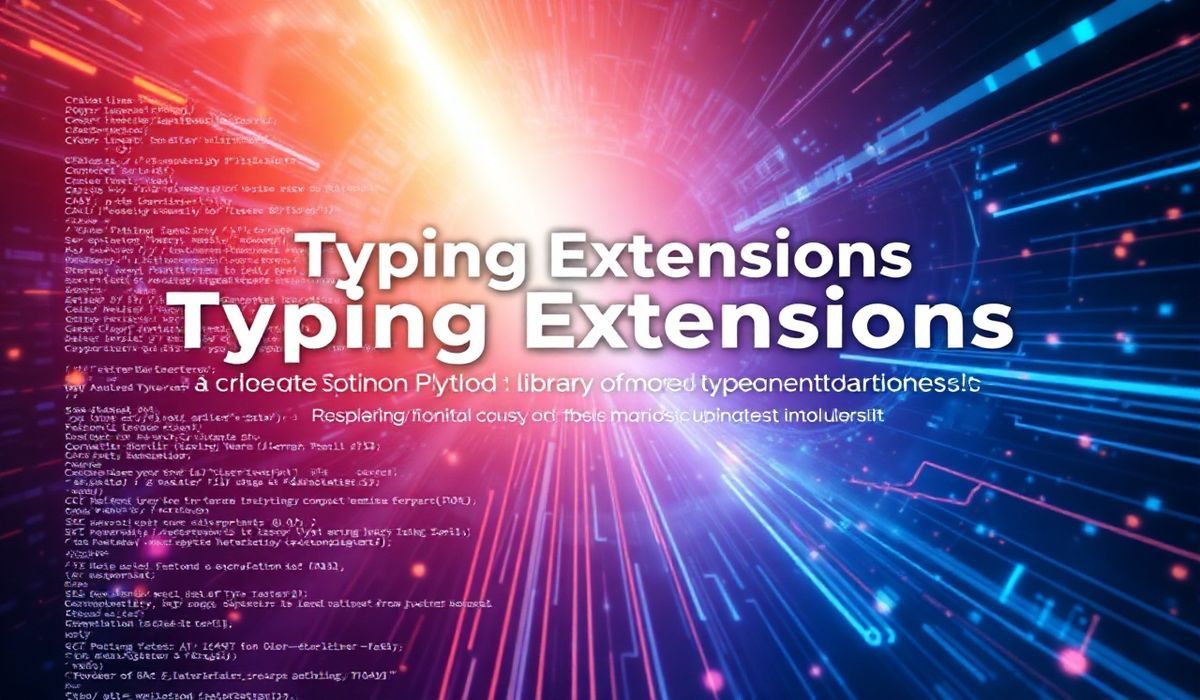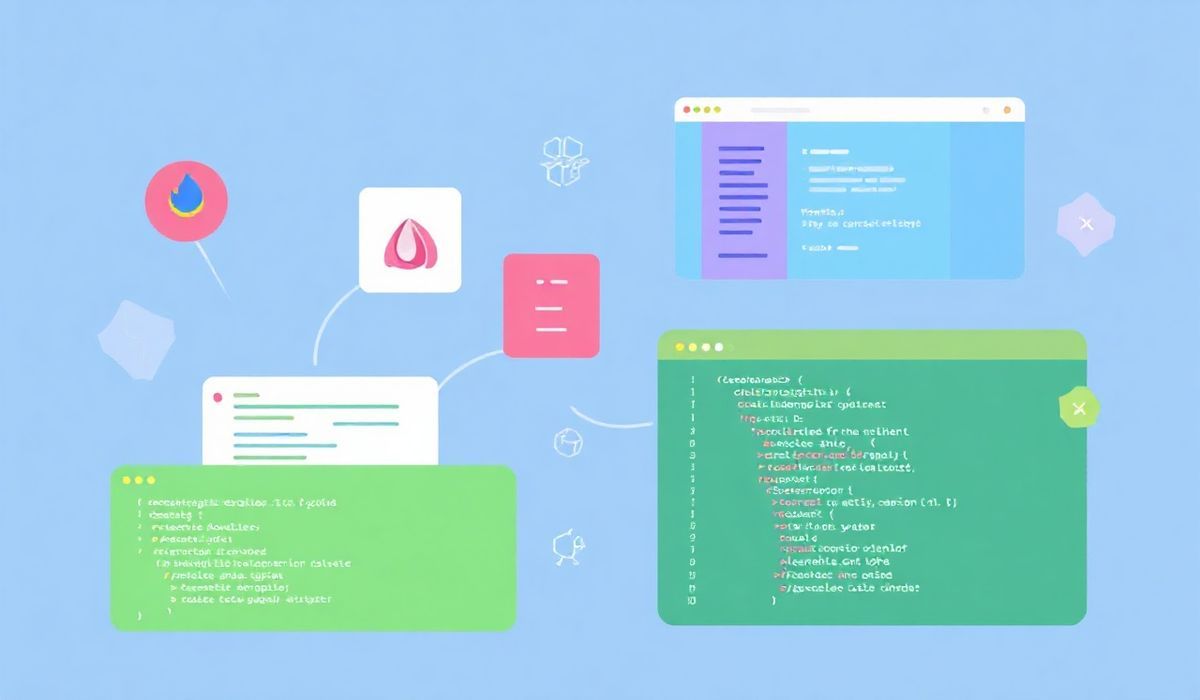Introduction to Typing Extensions
The typing-extensions module is a powerful library that provides backport compatibility for modern type hints introduced in newer versions of Python. With Python’s growing focus on static type checking, this library enables developers to use advanced typing features even in older Python versions.
Let’s dive into its dozens of useful APIs with practical examples.
1. Literal
The Literal type is useful when you want to restrict a variable to specific values.
from typing_extensions import Literal
def get_status(status: Literal["success", "error", "pending"]) -> str:
return f"The status is: {status}"
print(get_status("success")) # Valid
# print(get_status("unknown")) # Throws a type error
2. TypedDict
TypedDict allows you to create dictionary-like structures with type annotations for keys and values.
from typing_extensions import TypedDict
class User(TypedDict):
id: int
name: str
email: str
user: User = {"id": 1, "name": "John", "email": "john@example.com"}
print(user)
3. Final
The Final modifier can be used to declare that a variable or method should not be overridden.
from typing_extensions import Final PI: Final = 3.14159 # PI = 3.14 # Throws a type error
4. @runtime_checkable
The @runtime_checkable decorator allows interfaces and protocols to be used for runtime type checks.
from typing_extensions import Protocol, runtime_checkable
@runtime_checkable
class MyProtocol(Protocol):
def execute(self) -> None:
pass
class MyClass:
def execute(self) -> None:
print("Executing...")
obj = MyClass()
print(isinstance(obj, MyProtocol)) # True
5. Annotated
The Annotated type lets you add metadata to a type for better documentation or runtime processing.
from typing_extensions import Annotated
def process_data(data: Annotated[int, "Positive value only"]) -> None:
assert data > 0, "Value must be positive"
print(f"Processing {data}")
process_data(42)
6. Self
The Self type lets you annotate methods that return instances of their own class.
from typing_extensions import Self
class FluentBuilder:
def __init__(self):
self.value = ""
def append(self, text: str) -> Self:
self.value += text
return self
def build(self) -> str:
return self.value
builder = FluentBuilder()
result = builder.append("Hello").append(", World!").build()
print(result)
7. Example App Using Typing Extensions APIs
Let’s create a simple library catalog app using the TypedDict, Literal, and other features introduced above.
from typing_extensions import TypedDict, Literal, Annotated
class Book(TypedDict):
id: int
title: str
author: str
status: Literal["available", "borrowed"]
def add_book(catalog: list[Book], book: Book) -> None:
catalog.append(book)
def find_books_by_author(catalog: list[Book], author: str) -> list[Book]:
return [book for book in catalog if book["author"] == author]
def check_book_status(book: Book) -> str:
return f"Book '{book['title']}' is {book['status']}."
# Create a sample catalog
catalog: list[Book] = []
add_book(catalog, {"id": 1, "title": "1984", "author": "George Orwell", "status": "available"})
add_book(catalog, {"id": 2, "title": "Brave New World", "author": "Aldous Huxley", "status": "borrowed"})
# Search for books by author
orwell_books = find_books_by_author(catalog, "George Orwell")
print(orwell_books)
# Check book status
print(check_book_status(catalog[0]))
This example demonstrates how TypedDict, Literal, and other APIs work together to provide type safety, clarity, and functionality to Python programs.
Start using typing-extensions in your projects today and experience the power of modern type annotations!




